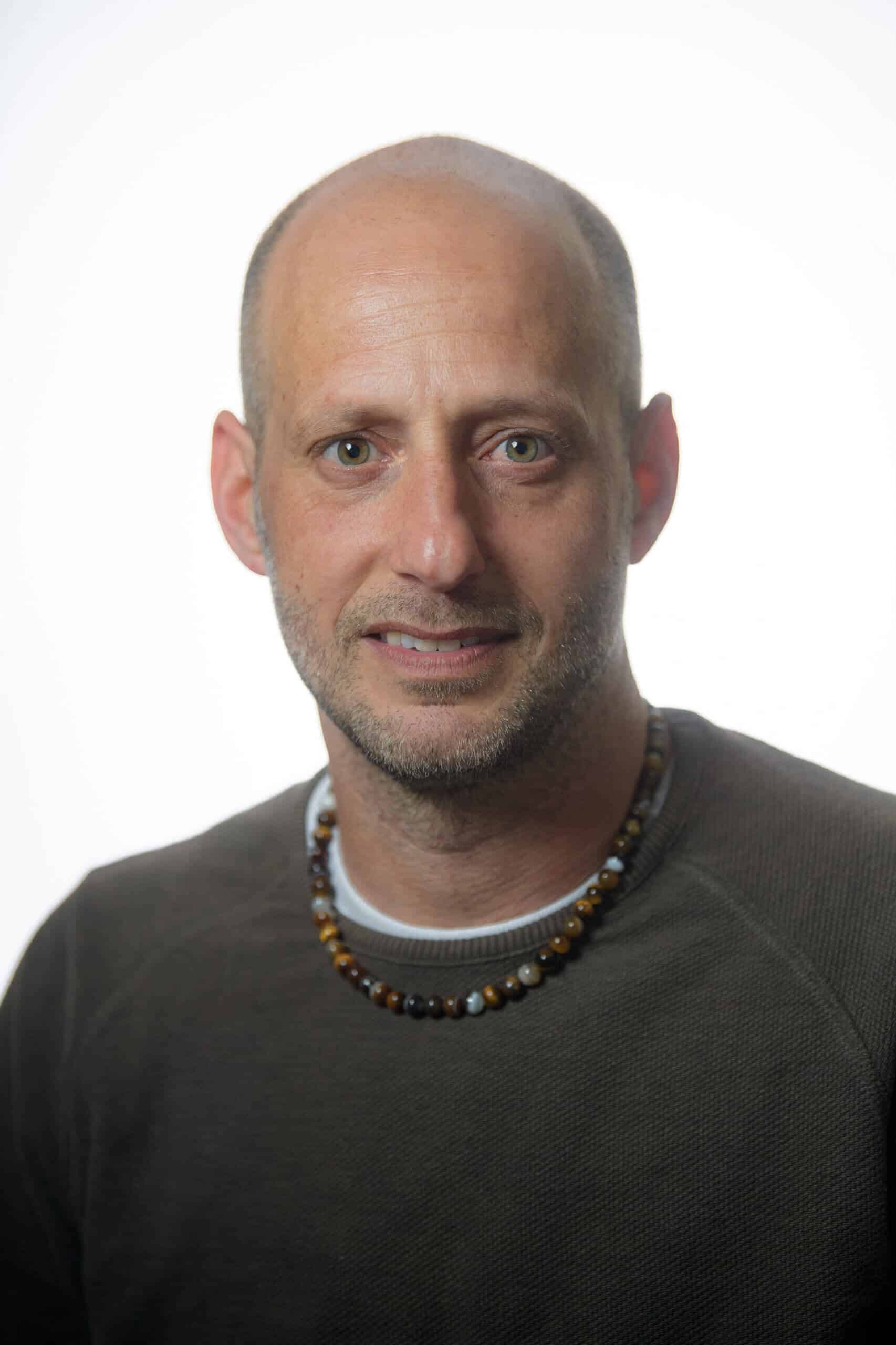AHDS patients are unable to walk or sit independently and do not even develop the ability to speak. So far, about 300 patients have been diagnosed in the world, however, due to being a rare syndrome that was recently identified, it can be estimated that the number of patients in the world is greater than this number.

AHDS is a syndrome that causes cerebral palsy and severe psychomotor retardation accompanied by abnormal levels of thyroid hormone in the blood. To date, various treatments have been able to improve the abnormal hormone levels in the blood, but no improvement has been observed on the neurological side. Now, an international research group led by Dr. Gad Vatin from Ben-Gurion University of the Negev has proven that motor and cognitive abilities can be improved through gene therapy. The research findings were published in the journal thyroid.
AHDS patients face a rare genetic syndrome that causes a blockage in the passage of thyroid hormone through the blood-brain barrier. This barrier prevents the thyroid hormone from penetrating the marrow and as a result the levels of the hormone in the blood are high and harmful to the function of the heart, liver, kidneys and muscles. The result: cerebral palsy and severe psychomotor retardation. AHDS patients are unable to walk or sit independently and do not even develop the ability to speak. So far, about 300 patients have been diagnosed in the world, however, due to being a rare syndrome that was recently identified, it can be estimated that the number of patients in the world is greater than this number.
The syndrome is caused by mutations in the MCT8 gene, known as a carrier protein (transporter) of the thyroid hormone. Since the gene is located on the X chromosome, the disease passes through the mother and affects males exclusively. To date, researchers have been able to find treatments that improve the abnormal hormone levels in the blood, but no improvement has been observed on the neurological side.
In the past, the research group discovered through stem cells extracted from patients in combination with organ-on-chip technology, that the syndrome is caused by damage to the passage of thyroid hormone through the blood-brain barrier, which is found in the blood vessels in the brain and serves as a barrier for molecules between the blood system and the cerebrospinal fluid. I sent
New research led Dr. Gad and Tin, a member of the Department of Physiology and Cell Biology in the Faculty of Health Sciences, and the Center for Regenerative Medicine and Stem Cell Research (RMSC) at Ben-Gurion University of the Negev indicates that with the help of gene therapy, a unique technique that harnesses genes to treat diseases, there is a significant improvement in the motor and cognitive abilities of the sick mouse. By intravenously introducing genetic material carrying the MCT8 gene into the cells, it is possible to repair the mechanism, which has a long-term beneficial effect mainly on the central nervous system.
In recent years, a treatment method of gene therapy has been successfully used to address monogenic neurological diseases, diseases resulting from a mutation in a single gene. This approach succeeded in saving children with SMA and is now part of the medicine basket in Israel.
To test the feasibility of this approach for AHDS patients, the researchers used a mouse model. Since AHDS patients are often diagnosed at a later age, the effect of the treatment at a relatively late age (pre-puberty) which is clinically relevant, was tested. To damage the blood brain barrier and improve its ability to introduce thyroid hormone into the brain, they chose to inject a virus carrying a correct copy of human MCT8 into the vein.
The research findings indicated that a single, one-time treatment led to the expression of the MCT8 gene in all parts of the brain. The expression led to a significant improvement in the entry of the hormone into the brain, and led to a long-term improvement in the motor and cognitive abilities of the mice.
"In the current study, we used a gene therapy approach targeting the blood-brain barrier in a mouse model of MCT8 deficiency and showed rescue of brain content, motor and cognitive behavior," said Dr. Wetin. "This study paves the way for a clinical trial that will hopefully begin in the near future, as this gene therapy has the potential to improve the devastating neurological symptoms in patients with AHDS. Concluded.
The research group included: Dr. Wetin's lab, Prof. Clive Svendsen's lab from Cedars-Sinai Medical Center in Los Angeles, and Prof. Sam Reftoff's lab from the University of Chicago.
This research (No. 1621/18) was supported by the Israel Science Foundation, the Ministry of Science and Technology (No. 3-15647) and the Sherman family.
